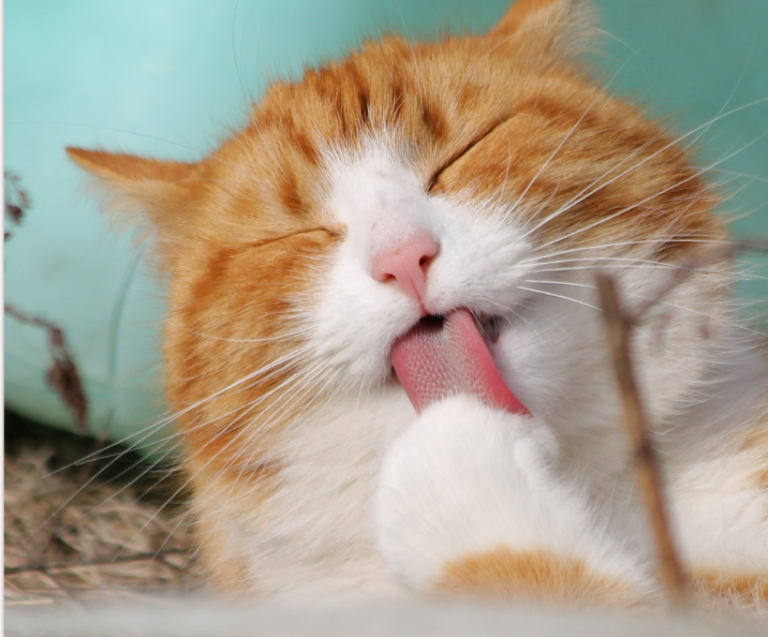Managing diabetes in cats requires careful attention not only to their insulin levels but also to their overall health. Diabetic cats are prone to various health problems that can complicate their condition. This article will explore common health issues faced by diabetic cats, such as urinary tract infections (UTIs) and neuropathy, while providing insights into prevention and management.
Understanding Diabetes in Cats
Diabetes mellitus, a condition characterized by high blood sugar levels, can lead to a myriad of health complications. When insulin production is impaired, or the body becomes resistant to insulin, cats may experience symptoms like increased thirst, frequent urination, and weight loss. While managing blood sugar levels is crucial, it’s equally important to be aware of other health issues that can arise.
Urinary Tract Infections (UTIs)
One of the most common health problems in diabetic cats is urinary tract infections. Increased glucose levels in the urine can create a breeding ground for bacteria, making UTIs more likely. Symptoms to watch for include:
- Frequent urination
- Straining to urinate
- Blood in the urine
- Licking the genital area excessively
If you notice these signs, it’s essential to consult your veterinarian promptly. Early detection and treatment are crucial to prevent more severe complications. Ensuring that your cat has access to fresh water at all times can help dilute the urine and reduce the risk of infections.
Diabetic Neuropathy
Another significant concern for diabetic cats is diabetic neuropathy, a condition caused by nerve damage due to prolonged high blood sugar levels. This condition primarily affects the hind legs, leading to weakness and difficulty walking. Symptoms may include:
- Weakness in the back legs
- A “plantigrade” stance (walking on the hocks)
- Reduced activity levels
Managing diabetic neuropathy involves controlling blood sugar levels effectively. With proper treatment and lifestyle adjustments, many cats can regain strength in their limbs. Regular veterinary check-ups are vital for monitoring their condition and making necessary adjustments to their diabetes management plan.
Dental Issues
Dental health is often overlooked in diabetic cats, yet it is a critical aspect of their overall well-being. Cats with diabetes are more susceptible to periodontal disease, which can lead to infections and further complications. Signs of dental problems include:
- Bad breath
- Difficulty eating
- Swollen or bleeding gums
Regular dental check-ups and cleanings are essential. Providing dental treats or toys can also help maintain oral hygiene and reduce plaque buildup.
Obesity and Weight Management
Obesity is both a cause and a complication of diabetes in cats. Overweight cats have a harder time regulating blood sugar levels, which can exacerbate their condition. To manage weight effectively, consider:
- Portion control: Measure your cat’s food to avoid overfeeding.
- Regular exercise: Engage your cat in playful activities to promote movement.
- Consult your veterinarian: Work with your vet to create a tailored weight management plan.
Conclusion
Diabetic cats face several health challenges beyond managing their blood sugar levels. Common issues such as urinary tract infections, diabetic neuropathy, dental problems, and obesity can significantly impact their quality of life. By staying vigilant and proactive in monitoring your cat’s health, you can help prevent these complications.
Regular veterinary visits, a balanced diet, and a consistent exercise routine are essential components of managing a diabetic cat’s health. With the right care and attention, you can ensure that your feline friend lives a happy and healthy life despite their diabetes. Always consult your veterinarian for personalized advice tailored to your cat’s specific needs.





